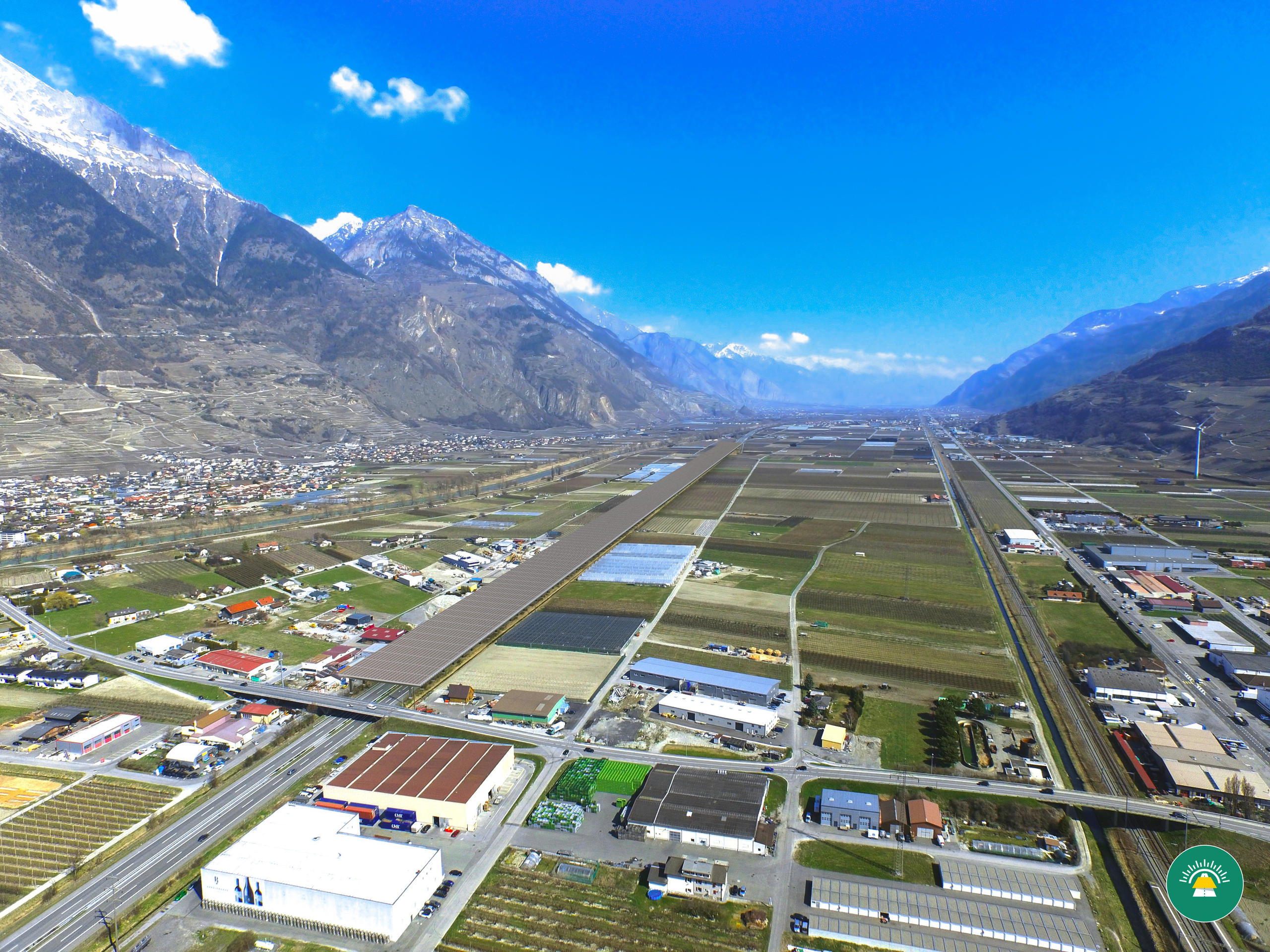COP28: What are climate summits actually for?

Another international climate summit has closed, and once again the final outcome is mixed. How useful are these annual climate gatherings? Join the discussion on "dialogue".
The final deal from the United Nations COP28 climate summit in Dubai to begin reducing global consumption of fossil fuels was hailed by some people as “historic”, but much work is still needed to reach the world’s climate goals.
The final document was vague on a number of issues, such as when and how states transit away from fossil fuels to achieve the goal of limiting global warming to 1.5° Celsius, and on where much-needed finance to help states adapt to the impacts of climate change would come from. The passage on the transition away from fossil fuels was secured on Wednesday after two weeks of hard-fought negotiations in Dubai, with powerful opposition from the Saudi Arabia-led oil producer group OPEC.
In the shadow of the Burj Khalifa skyscraper, 97,000 people from around 200 nations attended COP28, including numerous private business representatives, who flew in from around the world. Will the final results of the COP28 be enough to meet the 1.5° Celsius warming limit in the 2015 Paris Agreement?
Many facts point to the need for swift action to tackle global warming: 2023 is expected to be the hottest year since measurements began and a record year for CO2 emissions. According to the annual assessment of the Global Carbon ProjectExternal link, fossil CO2 emissions are expected to total 36.8 billion tonnes in 2023 and reach a new record level. This means the proportion of CO2 in the air is on average 51% higher than in the pre-industrial era (1850-1900).
Despite global efforts, emissions are continuing to rise. Is it time to give up? “No”, says a majority of people in Switzerland and Swiss citizens abroad. In the survey “How are you, Switzerland”, conducted in spring 2023 by the gfs.bern research institute on behalf of the Swiss Broadcasting Corporation (SBC), only 10% of respondents believe climate change is unstoppable and humans can do nothing about it. In all, 24% partially agreed with this statement. On the other hand, almost two-thirds (65%) of respondents do not share this opinion.
What is Switzerland’s role?
Swiss Environment Minister Albert Rösti also attended the COP28 summit in Dubai. He urged the international community to stop using coal, oil and gas, to triple renewable energy sources and to double energy efficiency by 2030. This was a clear statement, especially given Rösti’s past as president of SwissOil, the umbrella organisation for fuel traders in Switzerland.
At the conference, the Swiss People’s Party minister underlined Switzerland’s ongoing efforts to combat climate change and urged other countries to get more involved.
Is it true that Switzerland can rest on its laurels while other countries “catch up” in terms of climate protection? Most people who answered the “How are you, Switzerland?” survey don’t see it that way: almost three-quarters of them (72%) are rather or fully of the opinion that Switzerland has a responsibility in the fight against climate change, even if other countries do not follow.
What’s more, 69% of respondents believe the climate crisis is a serious problem and immediate action is necessary – only 10% think humans can adapt to climate change without any difficulties.
Has the COP28 achieved enough? What is your opinion? Join the discussion in the weekly debate on SBC’s “dialogue” platformExternal link.
Claire Micallef

In compliance with the JTI standards
More: SWI swissinfo.ch certified by the Journalism Trust Initiative





You can find an overview of ongoing debates with our journalists here . Please join us!
If you want to start a conversation about a topic raised in this article or want to report factual errors, email us at english@swissinfo.ch.